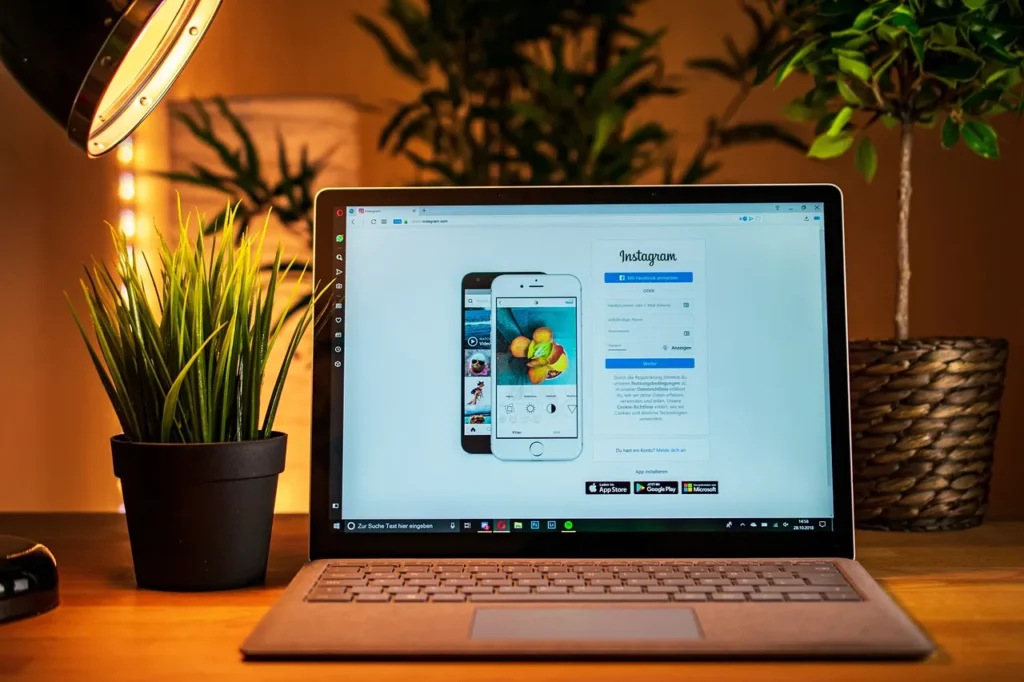Are Influencers Still Relevant in 2025?
Introduction: The Shifting Power of Influence
Not long ago, influencer marketing was the golden ticket for brands to reach young audiences. Instagram models, YouTube reviewers, and TikTok stars could sell out entire product lines with a single post. But as we step into 2025, the influencer landscape looks very different.
Between AI-generated creators, audience fatigue, and shifting algorithms, one big question looms large: are influencers still relevant in 2025?
The answer isn’t a simple yes or no — it’s a story of transformation.

1. The Rise, Fall, and Reinvention of Influencer Marketing
Influencer marketing exploded in the late 2010s. By 2022, it was a $16 billion industry. But like all booming sectors, saturation hit fast. Millions of creators flooded social media platforms, and audiences started tuning out repetitive, sponsored posts.
By 2025, brands realized that authenticity trumps popularity. Macro-influencers with millions of followers no longer guarantee conversions. Instead, companies are turning to micro- and nano-influencers — those with smaller, niche communities but higher trust levels.
“People don’t just want to see ads — they want to feel a connection,” says marketing strategist Priya Sharma. “A creator with 5,000 loyal fans can outperform one with 5 million ghost followers.”
2. The Age of AI-Generated Influencers
A major curveball arrived with the rise of AI influencers — fully digital personalities powered by machine learning. From Lil Miquela to new 2025 AI personas like EchoReel and Zyntha, these computer-generated figures have millions of followers and brand deals with global companies.
AI influencers don’t get tired, don’t demand pay raises, and never have scandals. For brands, they’re predictable and cost-efficient. For audiences, though, they raise ethical and emotional questions.
Are we following humans or algorithms?
Can synthetic faces truly build trust?
This blurring of reality and simulation has forced marketers to rethink what “influence” means in an AI-driven world.
3. The Authenticity Crisis
Audiences in 2025 have seen it all — from fake giveaways to Photoshopped perfection. The result? Skepticism.
Today’s social media users crave genuine storytelling. Influencers who share unfiltered realities — mental health struggles, failures, behind-the-scenes moments — are thriving. Platforms like Threads, Lemon8, and TikTok Now have fueled this raw, authentic content movement.
Meanwhile, influencers chasing trends without personality or purpose are fading into obscurity. The new rule:
Authenticity isn’t optional; it’s survival.
4. The Platform Shift: From Instagram to Everywhere
While Instagram and TikTok remain strong, the influencer world in 2025 has fragmented. Creators now diversify across multiple platforms to survive algorithm changes and build sustainable audiences.
- YouTube Shorts continues to reward storytelling over viral dances.
- LinkedIn Creators are emerging as thought leaders in business and tech niches.
- Substack, Patreon, and Discord enable direct fan relationships without relying on ad-driven algorithms.
Influence is no longer confined to one app — it’s about owning your community, wherever it lives.
5. Brands and the New Metrics of Success
Gone are the days when likes and followers ruled the game. In 2025, brands measure success by engagement depth — saves, shares, comments, and conversions.
Micro-influencers with 3–10k followers often deliver better ROI than celebrities. Meanwhile, long-term partnerships are replacing one-off sponsored posts. Brands now seek storytellers, not billboards.
Even B2B companies have joined in, working with LinkedIn creators, podcasters, and newsletter authors who influence professional decision-makers rather than casual scrollers.
6. The Rise of Hybrid Influencers: Human + AI Collaboration
One of the most intriguing trends in 2025 is the human-AI collaboration model. Real influencers are using AI tools to generate videos, manage community interactions, and even create digital doubles for multilingual campaigns.
This hybrid workflow allows influencers to scale their reach globally — without losing their personal touch. Tools like Synthesia, AISaver, and Runway ML have made this possible, democratizing production for smaller creators.
The result: a new breed of digital entrepreneurs who merge authenticity with efficiency.
7. Ethical Challenges and Transparency

With new tech comes new responsibility. Deepfake concerns, undisclosed sponsorships, and misinformation remain serious issues.
Regulators in the EU, UK, and US now require clear labeling of AI-generated content and mandatory disclosure of paid collaborations. Audiences, too, are becoming watchdogs — quick to call out inauthentic behavior.
Influencers who prioritize transparency, consent, and ethical storytelling are winning long-term trust. Those who don’t? Quickly forgotten.
8. The Future of Influence: Community Over Clout
The influencer of 2025 isn’t defined by follower count — it’s defined by connection. The most successful creators build small, loyal ecosystems that resemble micro-media outlets or niche clubs.
They:
- Engage directly with fans via private communities.
- Offer valuable insights instead of constant promotion.
- Diversify income through merch, online courses, or digital experiences.
Influence is becoming less about virality and more about meaningful presence.
9. Case Study: A Brand That Got It Right
When a global skincare brand launched its 2025 campaign, it skipped celebrity endorsements and instead collaborated with 50 micro-influencers — each with under 20k followers but high engagement.
Result?
- 4x higher click-through rates than paid ads.
- 200% increase in organic brand mentions.
- Genuine user-generated content that built long-term trust.
It proved that smaller voices can make a bigger impact — when they’re real.
Conclusion: Yes, Influencers Are Still Relevant — But Different
So, are influencers still relevant in 2025?
Absolutely — but not in the way they used to be.
The modern influencer isn’t a glossy poster child for brands. They’re a hybrid of storyteller, entrepreneur, and digital community builder. Whether powered by human emotion or enhanced by AI tools, their influence lies in authentic connection — not perfection.
Influencers have evolved from trendsetters into trusted voices of the digital age. And as long as audiences crave relatability and story, influence — in all its forms — will always matter.




